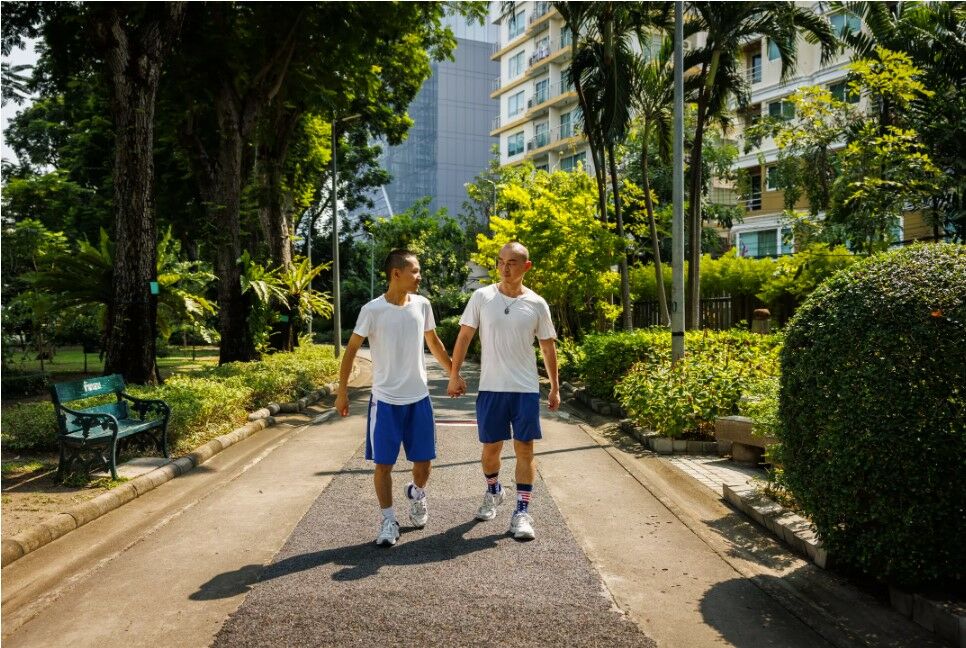LGBTQ+ community migrating Bangkok for freedom & fun’s sake

A Chinese real estate agent revealed the LGBTQ+ community is flocking to Bangkok to escape persecution and seek a new life that offers them more freedom.
In 2019, 40 year old Owen Zhu’s real estate career was flourishing, with Chinese investors eagerly buying Bangkok properties, but the pandemic struck, halting travel and spending. Although Chinese buyers were slow to return, one group has surged in demand, redefining Zhu’s business: LGBTQ+ clients seeking a new life outside China.
“Most of them are buying to live in or retire in, unlike many straight clients who prioritise investments.”
Before the pandemic, LGBTQ+ clients comprised about one-fourth of Zhu’s clientele. Now, they make up two-thirds. As China increasingly clamps down on queer representation and advocacy, Bangkok, dubbed Asia’s “gay capital,” offers a much-needed reprieve.
The city’s vibrant gay nightlife, filled with bars and clubs, attracts many buyers looking for central apartments. Zhu, also gay and originally from China, bought his Bangkok apartment in 2017 with plans to retire there. As friends sought his advice on property purchases, he left his job in Chinese media to become a full-time real estate agent.
Zhu’s marketing on Chinese social media now reflects this shift. Alongside property listings, he shares updates on Thailand’s efforts to legalise same-sex marriage and surrogacy.
With demand booming, Zhu aims to develop a housing complex specifically for gay Chinese clients. This growing community has opened more business opportunities for him in Bangkok.
New start
One client, 29 year old Danny Dong from Suzhou province in China moved to Thailand in October 2022. Zhu met Dong at a gay bar and struck up a conversation.
Dong, seeking a vibrant community and better mental health, began apartment hunting with Zhu. During a tour in May, Dong explored luxury apartments, paying close attention to balconies overlooking the bustling city. After viewing several options, he decided to keep looking.
Dong, who had struggled with depression back home, found his new life in Bangkok revitalising. As a former dance instructor, he disliked teaching and found little to engage him in China.
“My hometown is extremely boring.”
In Bangkok, the variety in food, work, nightlife, and dating possibilities excites him.
Zhu’s journey is mirrored by others. Heath Yu left his job at a Chinese TV station for a doctorate in Bangkok, drawn by its culture, affordability, and LGBTQ+ acceptance.
“China is tightening on LGBTQ+ issues, so more want to leave and come to Thailand.”
Thailand’s appeal is rooted in its historical acceptance of LGBTQ+ people, stemming from popular media representations since the 1950s. Though discrimination persists, the country’s openness has boosted tourism and the economy, reported Los Angeles Times.
With a growing LGBTQ+ community, many like Zhu, Dong, and Yu find Bangkok a haven of acceptance and freedom, far removed from the increasingly repressive atmosphere in China.
Latest Thailand News
Follow The Thaiger on Google News:


























